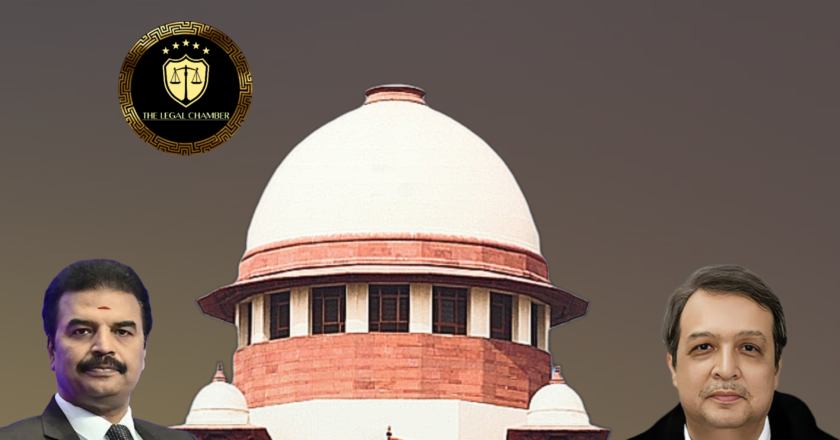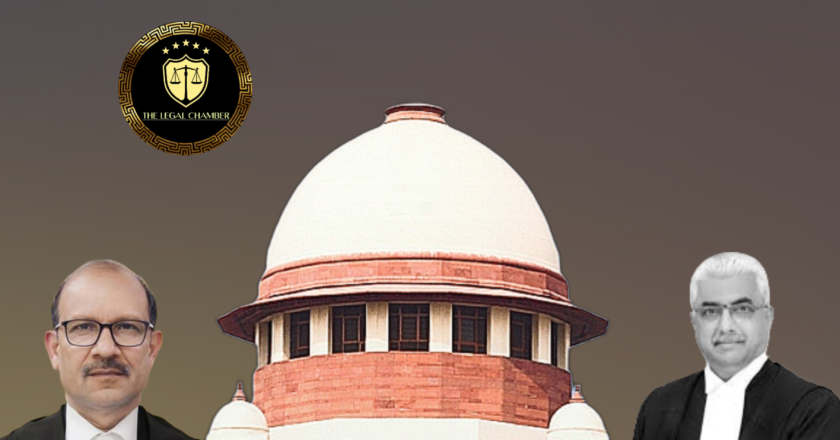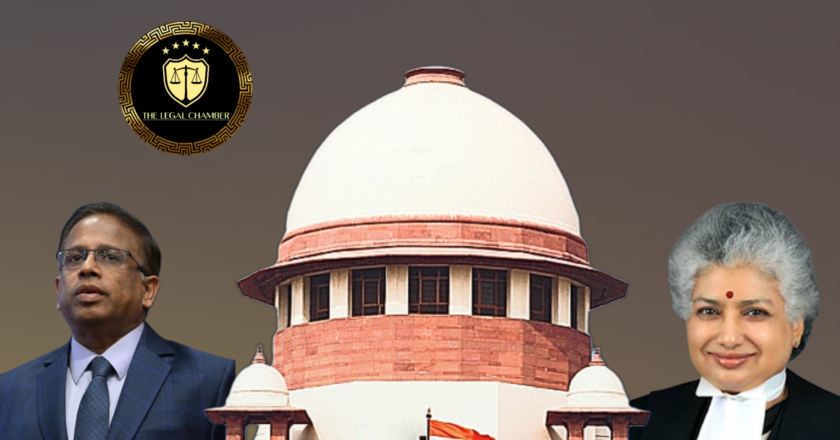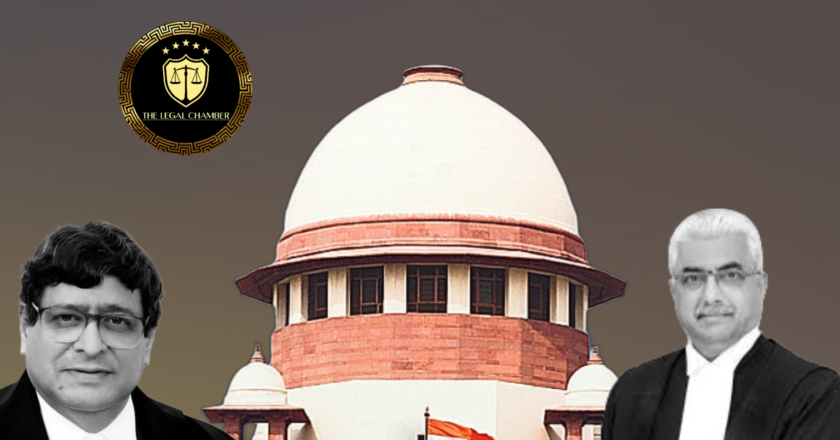Supreme Court Upholds Anticipatory Bail Rejection, Stresses Timely Bail Hearings
The Supreme Court affirmed the denial of anticipatory bail, emphasizing that custodial interrogation may be necessary to establish complicity and intent, even in cases based on documentary evidence. The Court underscored the gravity of allegations involving abuse of official position. It further issued general directions mandating the expeditious disposal of bail applications to uphold the constitutional right to personal liberty under Articles 14 and 21.
Facts Of The Case:
Based on a complaint concerning fraudulent property transfer, an FIR was registered in 2019 regarding events from 1996. The core allegation was that a sale deed was executed using forged Powers of Attorney, which were purportedly signed by individuals who were already deceased. This sale deed was then used to mutate l...




